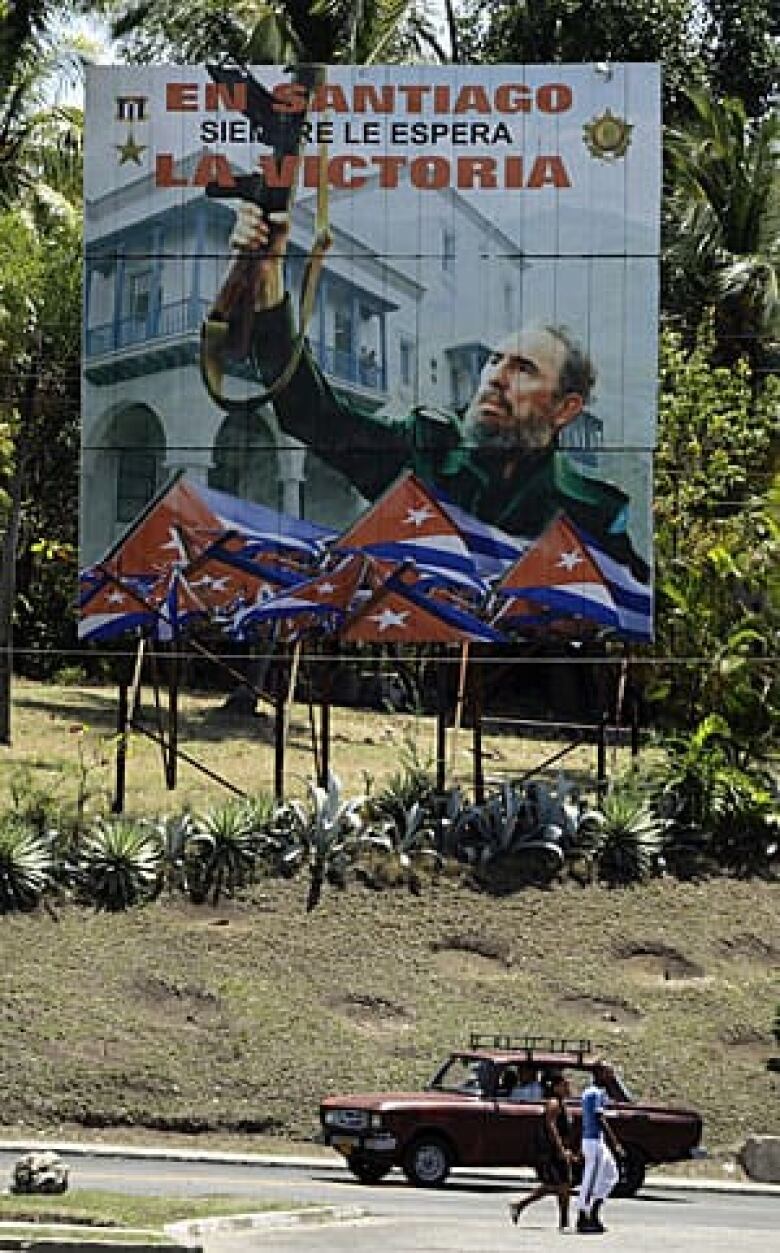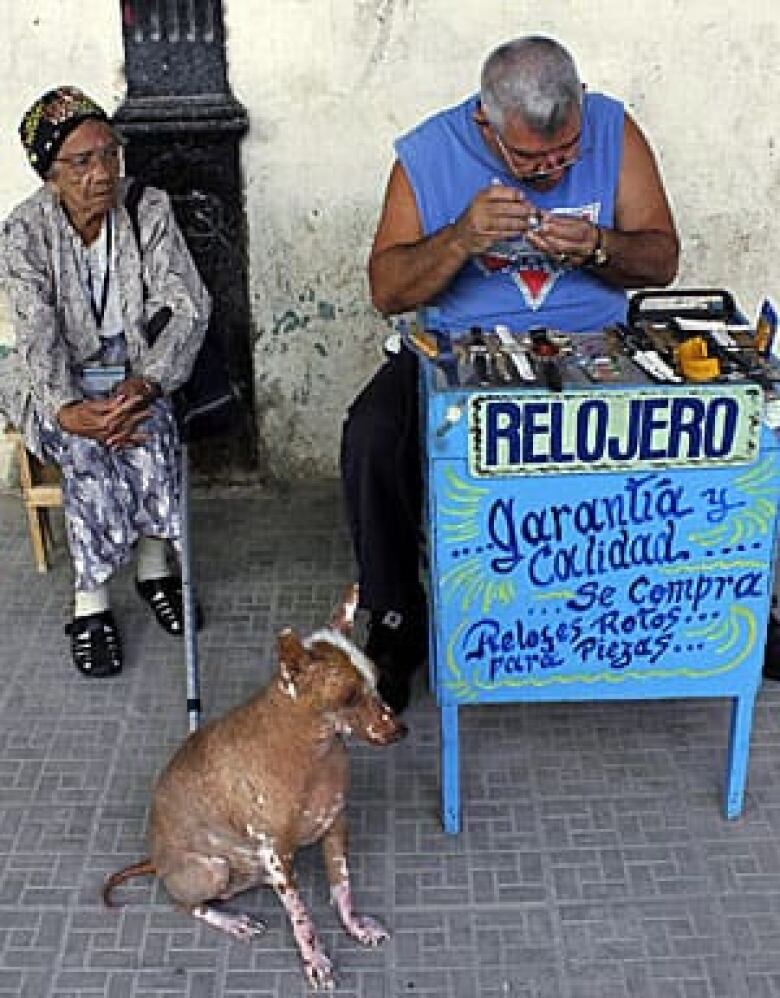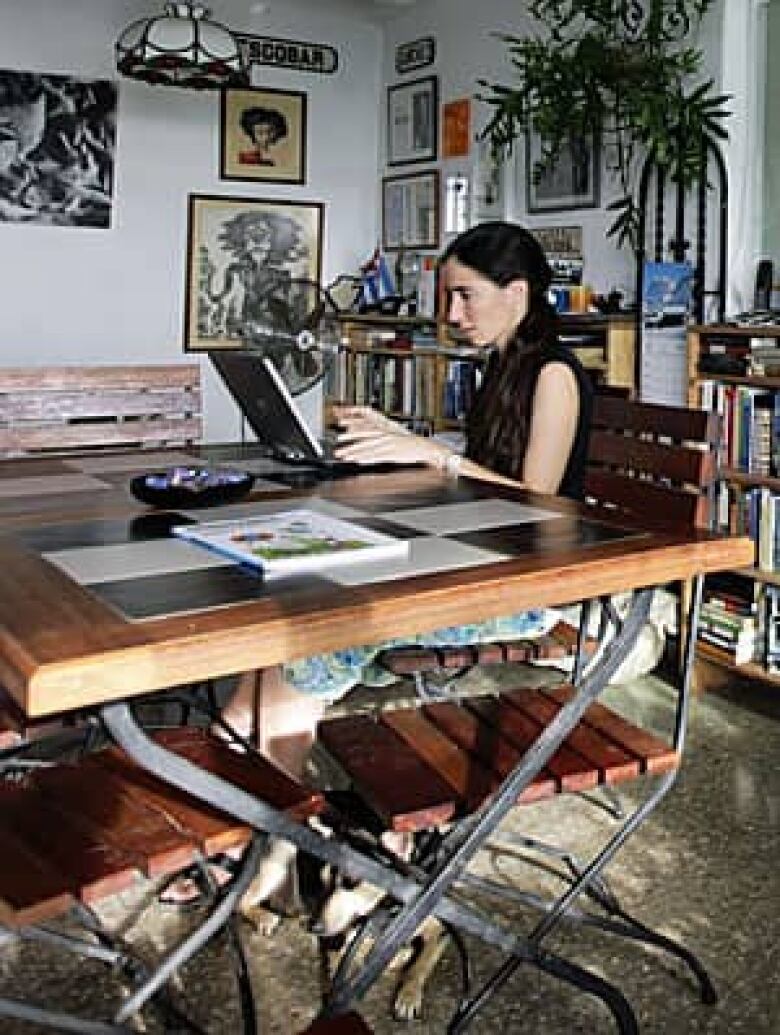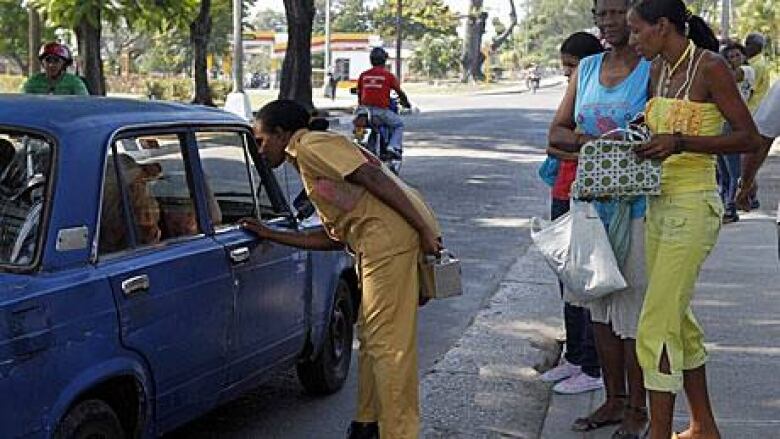Is Cuba opening up under Castro capitalism?
Power Shift: It is no Arab Spring, but Communist Cuba is trying to tap in to the country's entrepreneurial spirit
Rafael Hernandez, the head of Cuba's largest cultural magazine, Temas, lost his last editor to Canada. She fell in love with a Canadian, married and moved away.
So a few months ago, Hernandez put out the call for a replacement and nearly 30 qualified applicants replied. He was stunned.
In the past, he says, maybe three or four candidates would apply for that kind of position because it was a permanent job and, until recently, a permanent job meant a government job with pay so low it didn't pay the bills.
In Cuba, over the past 20 years or so, the only way to get ahead was to juggle several contract jobs at a time.
So what's changed? Why the sudden interest in Hernandez's magazine job?
"Many Cubans are re-evaluating how important it is to have a permanent job," says Hernandez, who believes that this re-evaluation is a sign of the times, a sign that Cuba's cloistered system is changing so much that suddenly workers are searching for stability, poorly paid or not.
What is going on here, though,is no Arab Spring.

There is no occupy movement taking over Havana's plazas, no chaos in the streets. In comparison to the tumult of the outside world, Cuba's power shift is pretty modest.
But when such an ideological, one-party state starts stirring in a little capitalism, albeit Castro-style, it's a bit like a controlled explosion. The foundations are shaking and it's waking up the residents.
Downsizing the state
As part of this shakeup, some Cubans are clearly searching for more stable ground (the permanent job); others are taking on the challenge of striking out on their own.
One big motivating factor is that in the next little while half-a-million government jobs are about to be eliminated.
President Raul Castro announced the dramatic downsizing in 2010. It was supposed to happen early in 2011. But the layoffs have already been postponed twice.
That's another sign of the times. The Cuban government wants fewer people on the payroll. But so far there is not enough work for them elsewhere.
The private sector, such as it is, is just getting on its feet and municipal governments, which are supposed to pick up the job slack, are still waiting for Castro to deliver on his promise of handing along more power and projects from central command.
The Castro regime certainly doesn't want hundreds of thousands of Cubans sitting around with no work, no money and no prospects.
A pool of unemployed that large, in a country that once promised every citizen a job for life, would be difficult to deal with.
"The consequences," says Hernandez, "could be politically not good."
Risk and reward
At this point, while legions of public service employees wait for the axe to fall, many have already made the transition.

Abiel San Miguel used to be a government architect. Now he's co-owner of a hot new restaurant in Old Havana called Dona Eutimia's.
Since it opened about a year ago it has become a favourite of the city's bohemian crowd of artists, filmmakers and musicians.
But its good food attracts anyone with enough money to dine out, and gives the old mansion an eclectic mix of clients.
San Miguel loves the risk and the reward of being his own boss.
"Honestly, I didn't change professions just for the money, although this does pay better," he says. "I love what I'm doing now. And the more you love what you do, the more success you'll have."
Still, the capitalist concept of risk and reward is new to the majority of Cubans, who have grown up under the one-party Communist state of Fidel and now Raul Castro, both of them now in their 80s.
San Miguel says many of his compatriots aren't ready to let go of the government's firm hand just yet. "We've always waited for the government to give and give and give. And we have to change that mentality," he says.
"This kind of change will take years and really I prefer that," he says. "It's better to take it slow and steady."
Some missing pieces
Most of the Cubans I talked with during a recent trip seem to agree. After generations of Castro's control over every aspect of their lives, they're not clamouring here for the creative chaos of an Arab Spring.
They really seem to feel that the government is easing up and they are willing to wait and see how the changes pan out.

So far, Raul Castro has eased restrictions on cellphone use and travel, which is allowing at least some Cubans to see more to the world around them.
He is also permitting Cubans to sell their cars and homes, and set up private businesses.
All of these things were specifically requested by citizens who sent letters to the government, at Castro's invitation.
The new president is even encouraging them to complain about what isn't working.
And Cubans are complaining like I've never heard them complain beforeat least to a foreign journalist. (Which has always been more risky than complaining to each other.)
The other noticeable change is that, the younger the Cuban, the more impatient they are for the system to open up and the less fear they have of speaking out.
That could be a generational shift, linked to how connected younger Cubans are to the outside world through their smartphones, computers and the internet. They're simply not as intellectually isolated as their parents were.
Thanks to blogs, emails and alternative publications, Cubans have more channels to express themselves than ever before.
But the change underway in Cuba right now can't all be explained by modern technology. The layoffs, the downsizing, the decentralizing all play a role.
"If people don't depend on the state for their job, that gives them a lot more freedom," says university professor Julio Cesar Guanche. Overall, this translates into "a lot less capacity for the state to exercise a monopoly over opinion."
That's a healthy signfor a democracy. Which Cuba is not. Far from it, in fact, and the Castro government insists it has no intention of going there.
Cuba remains a one-party state, in full control of the legislature and the judicial system. Human rights advocates say the government is still harassing and rounding up its harshest critics and putting them in jail whenever it wants to.
But it's clear the government has less control over the livelihoods of its people, and is also handing along a certain amount of control to local mayors.
Powerwhether it is over information, or incomeis shifting away from the government, and towards individual Cubans.
Hernandez, the magazine editor, likens the power shift to a puzzle with many pieces still missing.
"You can see it's a different animal pictured in the puzzle," he says, "but you don't know what animal it is yet." And of course how much of this Cuban puzzle gets filled in, will depend on who ends up holding the missing pieces.













_(720p).jpg)


 OFFICIAL HD MUSIC VIDEO.jpg)
.jpg)



























































































